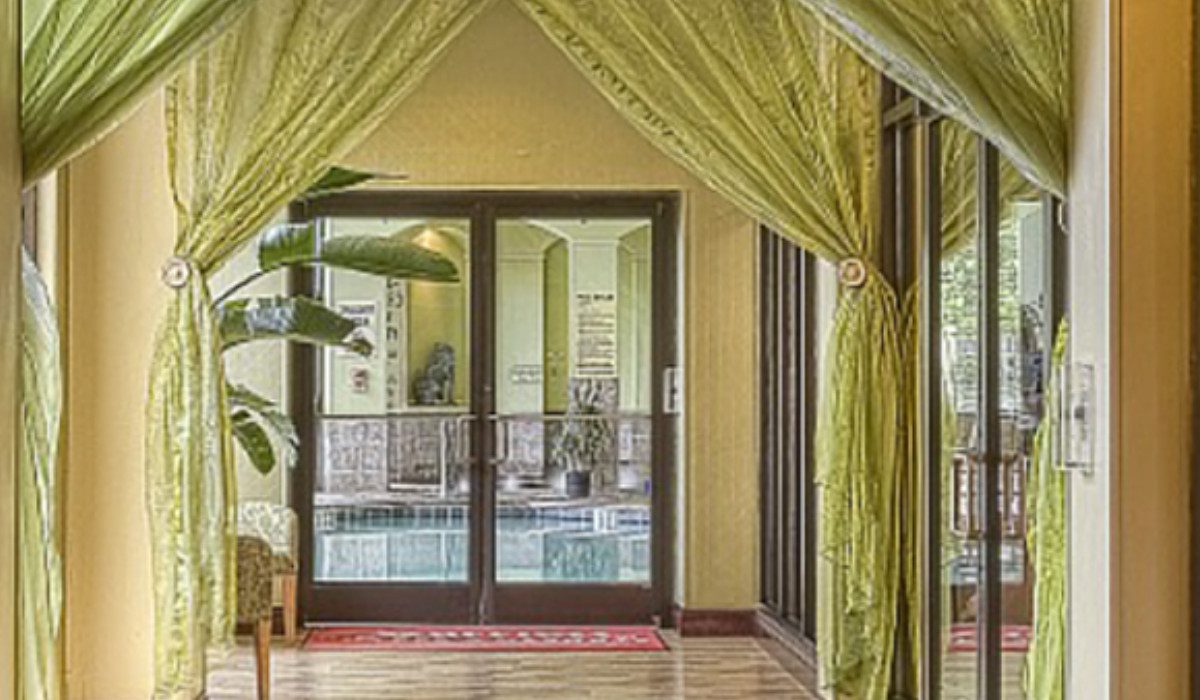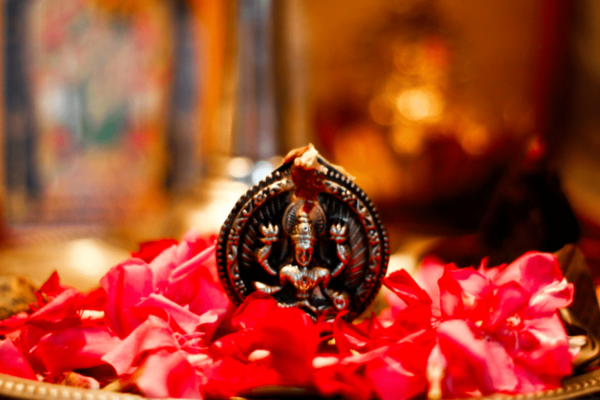Comebacks are now trending, and not just with fashion, furniture and music, but also with customs, traditions and beliefs. Ways of life that follow Vastu remedies and Feng Shui for the home are back, and are growing in importance with respect to everything we do – from wedding ‘muhurthams’ to ‘griha praveshas’. Even for interior decoration and deciding the direction of the furniture in the house, many use Vastu tips, Feng Shui or both.
In a study conducted by Housing in 2020 across 8 major cities in the country, we found that over 90% of home buyers preferred a house that was Vastu-compliant. A surprising number were even willing to compromise on the size and design of the house to fit Vastu principles. We delve into this a little deeper later on this blog post.
Earlier, principles of Vastu Shastra were for the conservative, and Feng Shui was for the more modern mindset; but now you have astrologers and pundits offering you a combination of both. You can see houses that have their beds and sofas placed according to Vastu, and décor adhering to Feng Shui; like a Buddha facing the door and wind-chimes over the windows. These two ancient sciences have a solution for almost anything, and with the internet exploding with tips, guides and how-to blogs, it is easy to lose sight of what you really wanted to achieve when you started out. Here is a Vastu-Feng Shui 101 with basic Vastu for the home and Feng Shui suggestions in terms of the direction of furniture, décor selection, temple placement, and the works!
Vastu for home: Commonalities between Feng Shui and Vastu
- The principles of Vastu Shastra and Feng Shui are based on powerful cosmic energies and they are backed by mathematical calculations.
- Vastu and Feng Shui concentrate on promoting the flow of positive energies, with Vastu emphasising on constructing the house scientifically to promote positivity.
- In both the Vastu and Feng Shui concepts, the emphasis is on the elements of nature. While Vastu considers the five elements as earth, fire, air, water and space while Feng Shui considers five elements of nature as metal, wood, fire, air and water.
- Vastu and Feng Shui practices aim to provide remedies by placing objects and tools to boost the flow of good energies.
- Both Vastu and Feng Shui practices consider the centre of the house as the point where all the energies combine. In both the concepts focus on the usage of eight compass directions to determine placement and architecture, and five elements to attract positive energies.
Vastu and Feng Shui tips for home
— The dining room should be facing west as it is ruled by Saturn that symbolises the path of Bakasura, the representation of the hungry.
— If you plan to keep plants at home, it is suggested that you avoid thorny plants like cacti, and avoid growing plants along the north and east walls.

— The north-east, north-west, north, west and east corners are best for a study room. These directions attract the positive effects of Mercury increasing brain power, Jupiter increasing wisdom, Sun increasing ambition and Venus helps in bringing about creativity in new thoughts and ideas. Alternatively, the study room can also be located in the same direction as the bedroom. The study room and place of worship situated adjacent to each other or in the same room is an ideal arrangement.
— The main gate of the house should have two panels. The main door on the outer side should not open inside the house, and the doors in the house should not creak.
— The bathroom should ideally be located in the east or in the north-west, but never in the north-east. The wash basin should be mounted on the eastern wall of the bathroom and the geyser should be installed in the south-east corner.
Here is a handy guide to help you with the placement of various aspects of your home in the right directions; in accordance with Vastu principles:
Vastu and Feng Shui tips for puja room
A place of worship is an integral part of an Indian home. Some may not believe in the ideas of Vastu or Feng Shui, but, when it comes to something holy like a temple, the flow of energy definitely needs to be appraised and tuned. There isn’t much fuss here; just a few simple steps for the positive energy to flow into your home. Based on Vastu shastra for home, the rooms of worship, prayer and meditation should ideally be located in the north-east area of the house. Alternatively, they can also be in the north or the east area. While worshipping, one should face the East, and idols should not exceed 6 inches in height. It is advised that one should not sleep in the same room as a place of worship. An ideal position would be one where you face east or west while praying. The guidelines for the place of worship are nearly the same in Feng Shui and Vastu Shastra for the home.
Vastu and Feng Shui tips for bedroom and wealth
The master bedroom should be located in the southern section of the house, and if the bedroom is located in the north, it’s believed that the likelihood of unrest in the family increases. The bed should be placed in such a way that the headboard is towards the south or the west while sleeping, always avoiding to sleep with their head towards the north. Family members should avoid taking meals in the bedroom as doing so is believed to cause ill-health, especially if they eat while sitting on the bed. Keeping divine idols in bedrooms should be avoided. If the house has more than one floor, then the master bedroom should be on the top-most floor, and the ceiling should be level and unbroken. This maintains a uniform energy through the room, which in turn gives one a steady state of mind. Basic Vastu remedies advise that children’s rooms should be in the north-west or the west and, for higher levels of concentration, they should have a separate study close to their bedrooms. Wealth and cash should be stored in the north, which means you should be facing north when storing or retrieving cash, and jewellery should be kept facing the south as it’s said to increase the wealth.
Also read about crystal tortoise Vastu benefits and how to include it in your home decor
Feng Shui for Indian homes
Feng Shui and Vastu shastra for home may seem a little unusual to someone who hasn’t followed these practices before, but now there are a variety of items to choose from and you can embrace your choice in your own way. While there was just one kind of laughing Buddha that people gifted each other earlier, there are now idols of many different poses. One very beautiful item of décor from Feng Shui is a small water-flowing system which recycles water, where the water flows inside instead of outside. The significance of this is that just like the water in the fountain, good health, wealth and happiness will always keep flowing into your life.
Keep in mind the basic Feng Shui tips, like you are not supposed to purchase a Buddha or bamboo plant for yourself – it is supposed to be gifted to someone during an auspicious event like a house-warming. If your Buddha idol is kept facing the entrance of your house, it is said to bring happiness to your family. Wind-chimes placed on bedroom windows minimise fights at home and problems between the members of the household.
The area near the front door of the house must be lit up properly. Place a mirror which will help illuminate the space.
Make sure to keep the house clean and clutter-free, which will promote clarity of thoughts.
Placing a patterned rug on the floor. This will help slow down the flow of sunlight and positive energy flowing into the house.
Importance of Vastu-compliant homes
In a study conducted by us across eight major cities in the country, we found that nearly 93% of home buyers seek Vastu compliant homes. Nearly 33% of the buyers considered ‘directions’ in the house most important when it comes to choosing a property. Home-buyers even showed willingness to compromise on design in order to get a Vastu compliant house! Read all the findings from the survey here: http://bit.ly/1RBrkzZ
There are so many theories and teachings in both sciences that while it is natural for one to get confused, there are many options to choose from. Try out some of the Vastu remedies and Feng Shui tips as they can only bring positive energy and peace into your life.
What are the benefits of Vastu for home
Vastu Shastra is an ancient system of architecture for creating positive cosmic energy. When designing a house in a Vastu compliant way, it helps in the flow of this positive energy and eliminates the negative forces, thus ensuring a healthy and happy life for the inhabitants.
Vastu Shastra lays down principles for the design, measurements, space layout, and spatial geometry. This helps optimise the benefits of nature’s positive energies by aligning the symmetry, directions and geometric patterns.
How does Vastu for home affect our health and wellbeing?
A house designed as per Vastu Shastra rules, the structure promotes maximum natural light and air, and also prevents the harmful ultraviolet radiations. Moreover, the five elements of nature and those of our bodies must remain in balance for positive effects. Making certain alterations in the home, including changes in design, colours, and materials, ensures good health for the inhabitants while eliminating stress and promoting calmness.
Can Vastu for home improve relationships?
A house designed in a Vastu-compliant way ensures inner peace and satisfaction for the residents. It boosts one’s spiritual health and improves personality. Moreover, it promotes better intrapersonal and interpersonal behaviour, thus leading to fulfilling relationships. For example, Vastu says placing a painting of elephants in the bedroom can strengthen marital relationships.
FAQs
How can I improve Vastu at my home?
Follow the tips mentioned in this article to improve Vastu at your home.
What to place in front of main door?
Avoid keeping anything that emits negative energy.
Which direction is good for house?
Many people consider east-facing homes as very auspicious.
| Got any questions or point of view on our article? We would love to hear from you. Write to our Editor-in-Chief Jhumur Ghosh at jhumur.ghosh1@housing.com |










